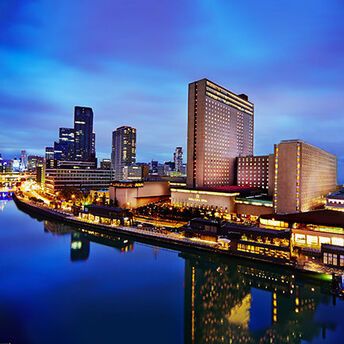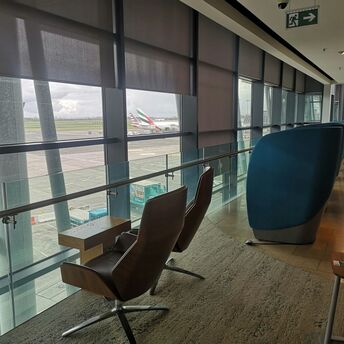Luxury Safaris: How High-End Tourism is Driving Conservation and Community Empowerment

In recent years, the world of luxury travel has extended far beyond lavish resorts and five-star hotels, venturing into the wild and untamed landscapes of Africa. Luxury safaris, once a niche market, have grown into a significant sector within the travel industry, offering discerning travelers the opportunity to experience the raw beauty of the African wilderness in unparalleled comfort. But these high-end safaris are more than just exclusive getaways; they are playing a crucial role in supporting conservation efforts and uplifting local communities.
The Evolution of Luxury Safaris
The concept of a luxury safari has evolved dramatically from its early days. Traditionally, safaris were associated with rugged, back-to-basics expeditions into the wild, where comfort was secondary to the thrill of adventure. However, today’s luxury safaris combine the excitement of wildlife encounters with the amenities of high-end hospitality. Exclusive lodges, gourmet dining, and personalized service are now part and parcel of the experience, catering to travelers who seek both adventure and indulgence.
What sets luxury safaris apart from other travel experiences is their commitment to sustainability and responsible tourism. These safaris often take place in private reserves or conservancies, where tourism revenue directly contributes to the preservation of the environment and the protection of endangered species. By staying at these lodges, travelers are not only enjoying a unique and memorable experience but also actively participating in the conservation of Africa’s precious wildlife.
The Impact on Conservation Efforts
One of the most significant ways in which luxury safaris make a difference is through their financial support of conservation initiatives. High-end safari lodges and camps are often located in or near protected areas, where their operations contribute to the funding of anti-poaching units, wildlife monitoring programs, and habitat restoration projects. These efforts are critical in regions where government resources for conservation are limited, and the presence of luxury tourism can provide much-needed financial backing.
Moreover, many luxury safari operators have established their own conservation foundations or partner with local NGOs to ensure that a portion of their profits is reinvested into environmental protection. This approach not only helps to sustain the natural habitats that are essential for the survival of iconic species like elephants, rhinos, and lions but also ensures that these areas remain viable for future generations of both wildlife and tourists.
Empowering Local Communities
Beyond conservation, luxury safaris are also making a significant impact on local communities. Many safari lodges are committed to hiring local staff, providing them with training and employment opportunities that can transform lives. By investing in the education and development of local people, these lodges help to build a skilled workforce that can support the tourism industry for years to come.
Additionally, some luxury safari operators engage in community outreach programs that focus on improving healthcare, education, and infrastructure in nearby villages. These initiatives often include the construction of schools, clinics, and clean water facilities, which enhance the quality of life for local residents. In turn, these empowered communities are more likely to support conservation efforts, recognizing the direct benefits that sustainable tourism can bring.
The Future of Luxury Safaris
As the demand for luxury safaris continues to grow, there is increasing recognition of the need to balance tourism with environmental stewardship and social responsibility. The future of luxury safaris lies in deepening the connection between travelers and the landscapes they visit, fostering a sense of responsibility and awareness about the impact of their travel choices.
Innovative approaches such as carbon offset programs, low-impact infrastructure, and renewable energy use are becoming more common among luxury safari operators, ensuring that their environmental footprint is minimized. These practices not only preserve the natural beauty of the destinations but also resonate with a growing segment of travelers who prioritize sustainability in their travel experiences.



















